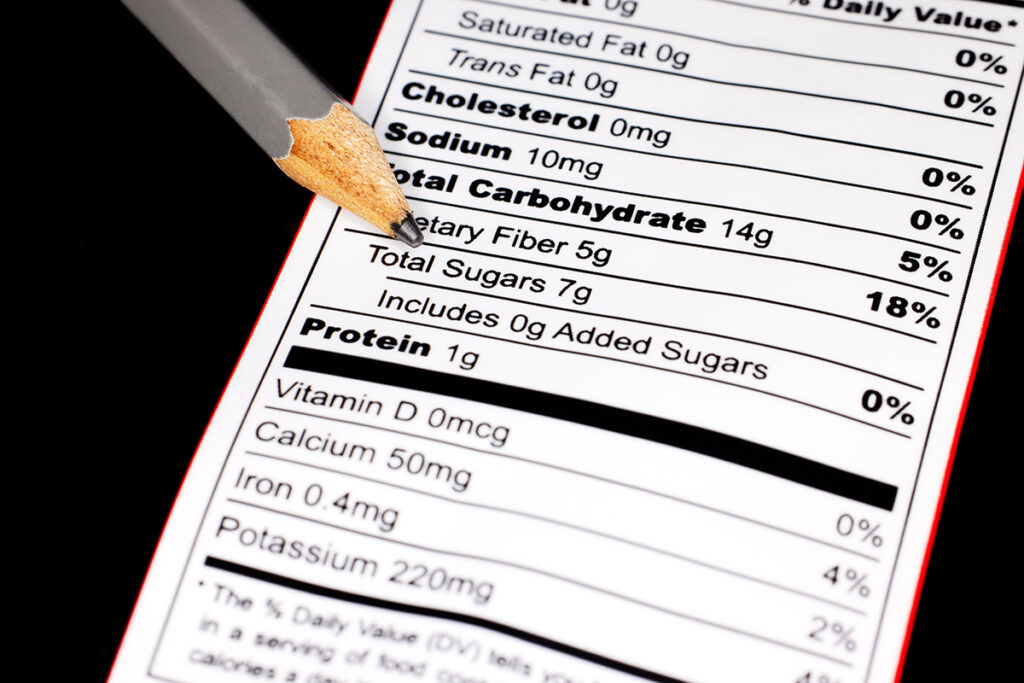In an effort to empower consumers as they navigate the complex landscape of internet service providers (ISPs) and their diverse array of plans, the Federal Communications Commission (FCC) has introduced a pioneering initiative: mandatory “nutrition labels” for internet plans. Modeled after the familiar format of food packaging, these labels will offer standardized details on pricing, average download speeds, and essential provider policies.
The move comes amid growing concerns over the complexity of internet plan offerings and the challenges consumers face in understanding the true costs and benefits. By adopting a format reminiscent of food labels found in grocery stores, the FCC aims to make essential information about broadband internet service easily recognizable and comprehensible.
The new labels, which have been years in the making, will require all major ISPs to disclose crucial details such as early termination fees, data caps, and network practices like speed throttling. They must be prominently displayed at the point of sale, both online and in physical stores, and provided in both English and Spanish to ensure accessibility for all consumers.
With millions of Americans still limited to a handful of ISPs and many lacking access to high-speed internet, transparency in plan offerings is seen as a critical step towards fostering competition and empowering consumers. The Biden administration, in alignment with its broader efforts to combat misleading business practices, views these labels as a mechanism to promote fair competition based on price and quality rather than confusing terms or hidden fees.
Under the bipartisan infrastructure law passed in 2021, the FCC was tasked with implementing mandatory broadband disclosure labels. Following a comprehensive process of design and finalization, the labels are now set to become a permanent fixture in the consumer landscape, offering individuals a straightforward way to compare plans and offerings from major providers like Comcast, Verizon, and AT&T.
Moreover, the machine-readable nature of these labels holds promise beyond consumer empowerment. Researchers and product review sites stand to benefit from the standardized data, which could facilitate deeper insights into ISPs’ plans and marketing strategies.
While the introduction of these labels marks a significant step forward in consumer protection, the FCC remains vigilant about ensuring compliance among ISPs. Non-compliance or consumer complaints may trigger agency investigations or fines, underscoring the importance of adherence to the new disclosure requirements.
As millions of Americans continue to rely on internet connectivity for work, education, and everyday life, the introduction of ‘nutrition labels’ for internet plans represents a welcome development in promoting transparency, empowering consumers, and fostering a more competitive marketplace.


